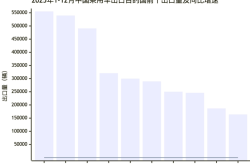April 2025: Chinese Auto Brands Achieve Breakthrough in Australia - Chery and Great Wall Set New Records, Reshaping the Market Landscape
![]() 05/12 2025
05/12 2025
![]() 779
779
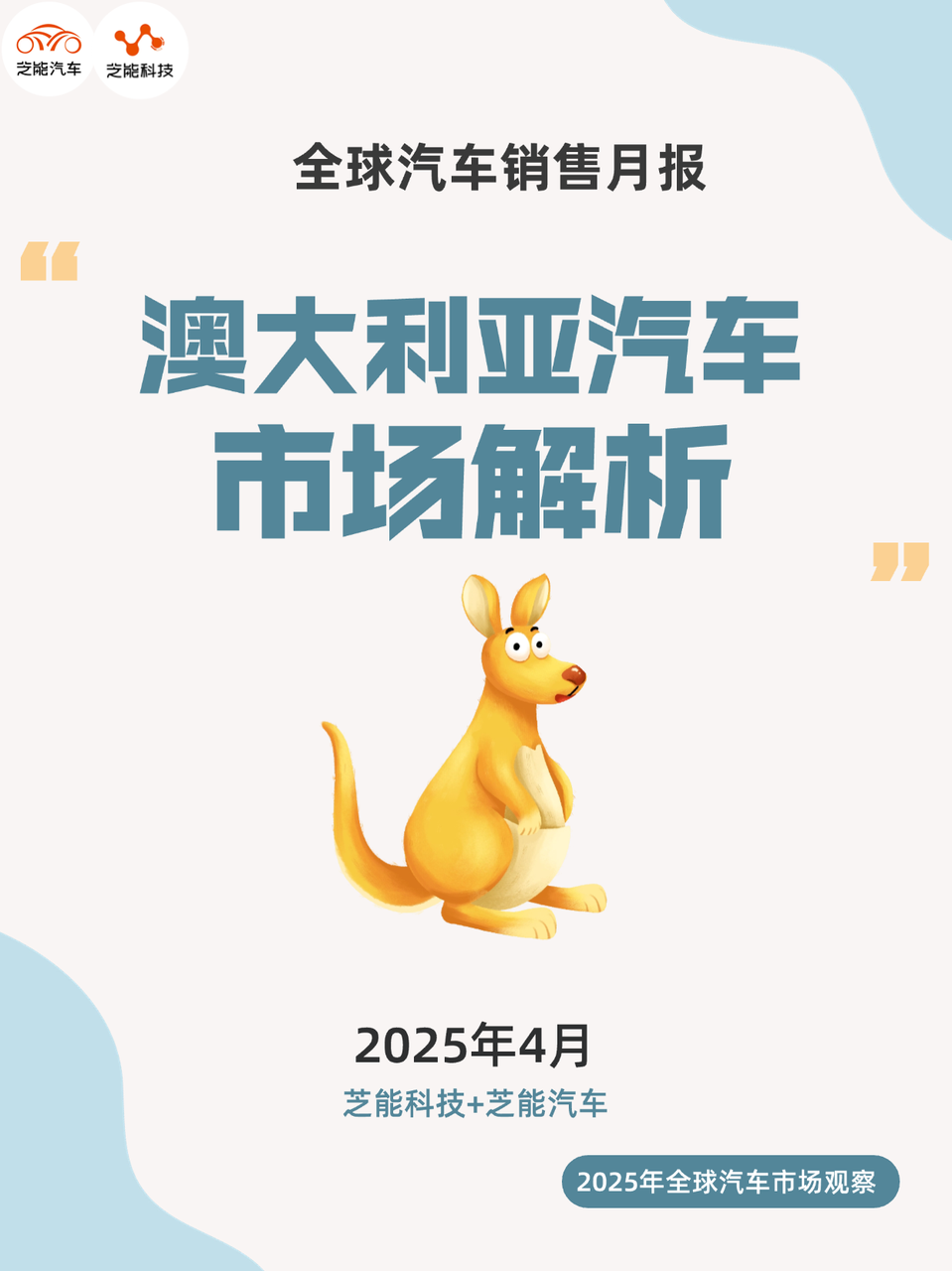
In April 2025, the Australian new car market witnessed a 6.1% year-on-year decline. Amidst this downturn, Chinese auto brands demonstrated remarkable countertrend growth, with Great Wall Motors and Chery experiencing increases of 16.3% and 290.9% respectively, setting new record highs in the Australian market.
Notably, Chery entered the top 20 sales list for the first time, while Great Wall surpassed its previous market share record. This underscores that Chinese brands are no longer mere "low-cost alternatives" in Australia but rather mainstream players with sustained growth momentum.
This article delves into the breakthrough logic and future challenges for Chinese auto companies in the Australian market, examining overall market trends and Chinese brand performance.
01 Australian Auto Market Overview for April: Decline Amid Chinese Countertrend Growth
In April 2025, new car registrations in Australia totaled 91,316, a 6.1% year-on-year decrease. Cumulative sales from the beginning of the year to April stood at 387,273, down 3.6% from the same period last year. Private car purchases and commercial fleet purchases declined by 8.9% and 4.9%, respectively, while rental fleets saw a 21.2% increase, remaining the sole segment with robust demand. Government purchases, however, plummeted by 18.5%.
Sales by power type exhibited the following changes:
- Gasoline vehicles: 36,352 units, down 10.4% year-on-year
- Diesel vehicles: 28,639 units, down 3.2% year-on-year
- Hybrid vehicles: 14,288 units, experiencing the first decline with a 6% year-on-year drop
- Battery Electric Vehicles (BEVs): 6,010 units, down 3% year-on-year
- Plug-in Hybrid Electric Vehicles (PHEVs): 2,601 units, surging 95.4% year-on-year but a significant decrease from March (6,932 units), indicating a "rush installation effect" post-policy withdrawal
In terms of vehicle types:
- SUVs continued to dominate the market with a share of 60.3%
- Light commercial vehicles declined slightly, accounting for 22.6%
- Passenger cars fell sharply by 25.8%, accounting for only 14.2%, highlighting Australian consumers' growing preference for high ground clearance and versatile models
In January 2025, Toyota led the Australian auto market with 18,424 units sold, followed by Mazda and Ford. Great Wall and Nissan led the growth with year-on-year increases of 9.9% and 12.4%, respectively.
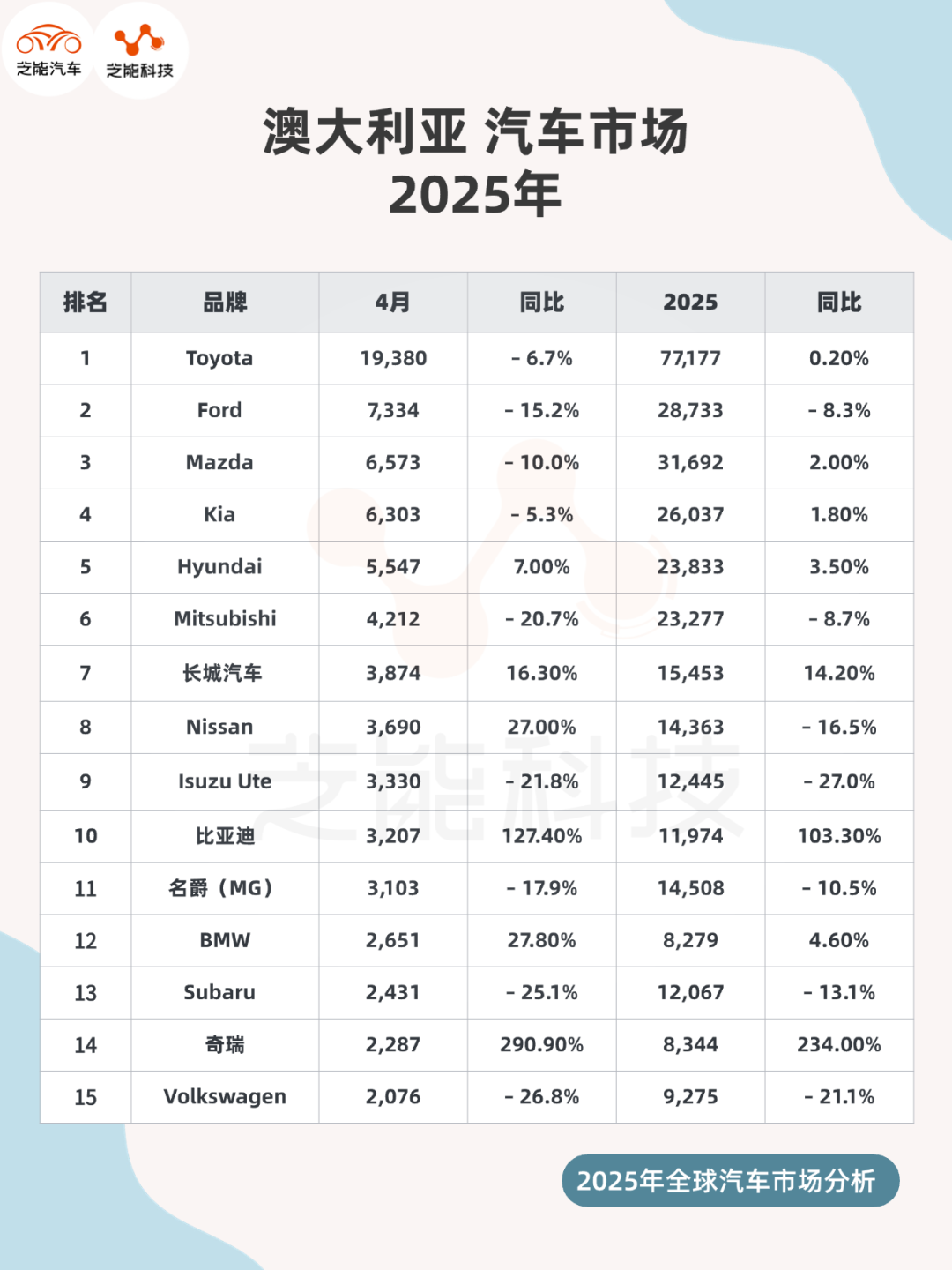
In terms of model sales:
- Toyota Hilux regained the top spot with a 4.5% market share, ahead of Ford Ranger and RAV4
- Among Chinese brands, Great Wall's Haval H6 ranked 20th, and Chery Tiggo 4 Pro entered the top 20 for the first time, ranking 19th. BYD Seal U remained solid in 16th place despite no policy support
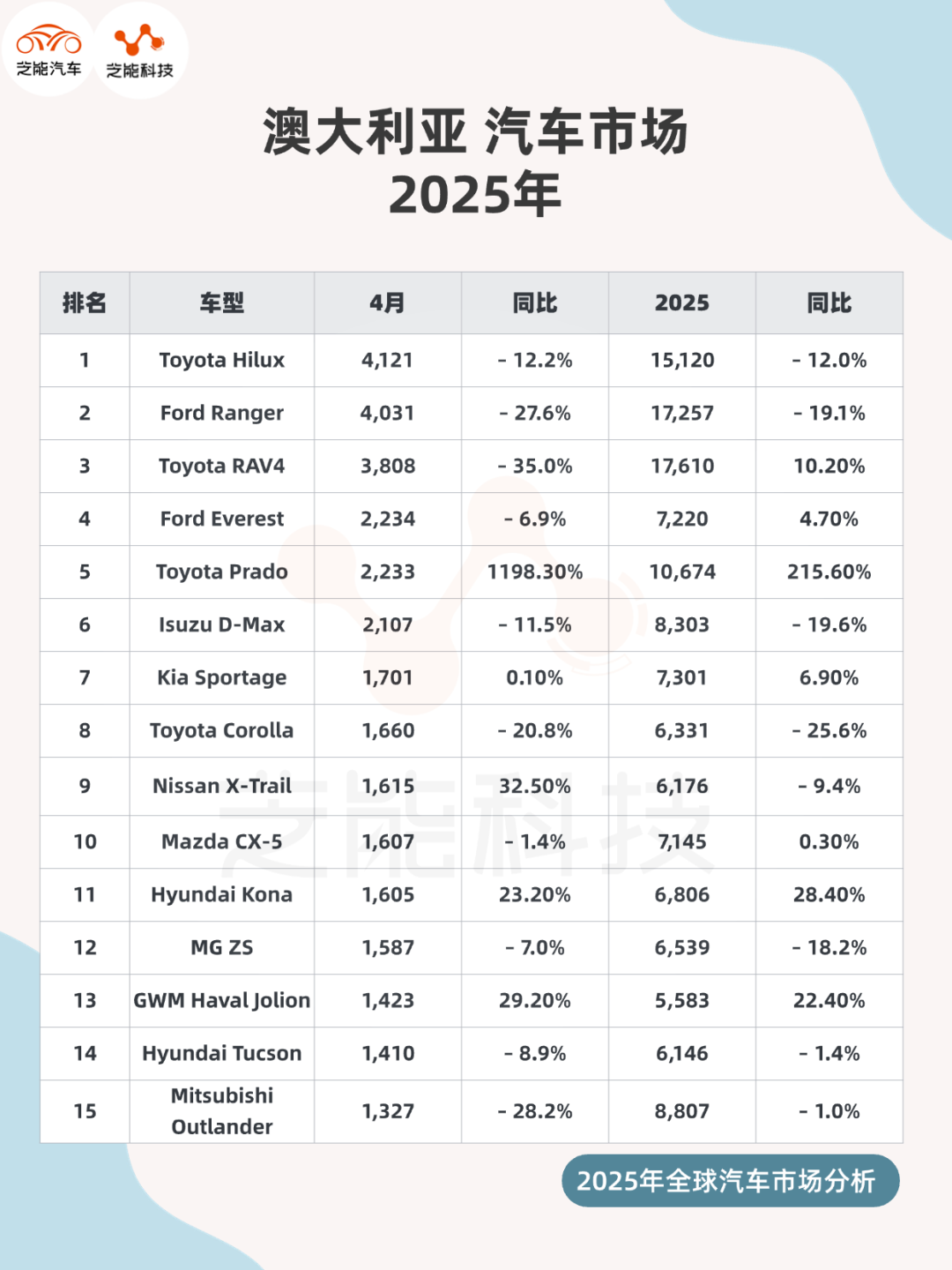
02 Chinese Brands' Highlights: Comprehensive Breakthroughs by Great Wall and Chery
In Australia, a mature market dominated by pickup trucks and SUVs where joint venture brands have long held sway, the rise of Chinese brands stands out.
In April 2025, Chinese vehicle exports to Australia reached 15,619 units, up 18.7% year-on-year, making China the third-largest source of automobiles in Australia, after Japan and Thailand.
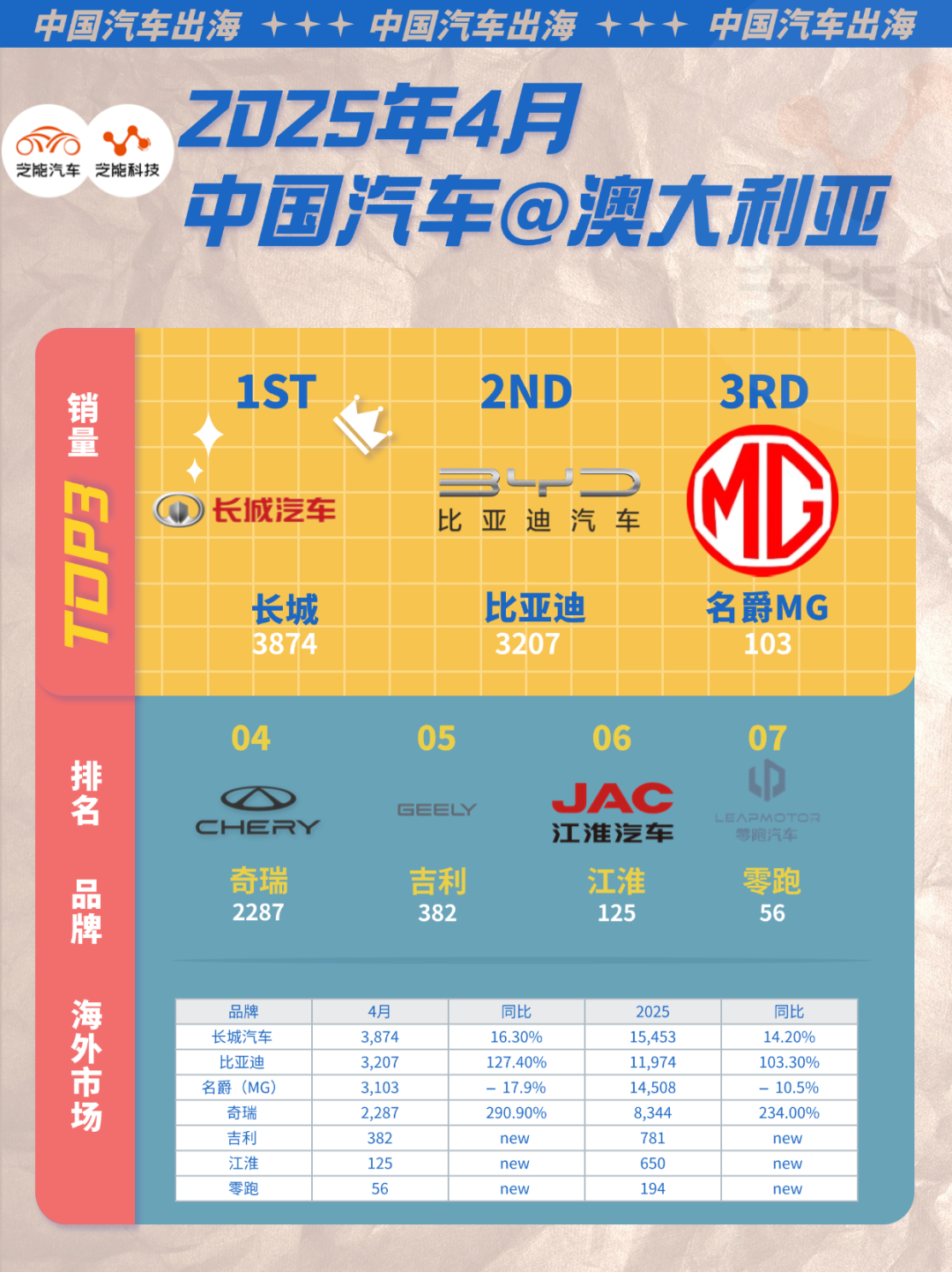
● Great Wall Motors: New Highs, Breaking 4.2% Market Share
Great Wall Motors sold 3,874 units in Australia in April, up 16.3% year-on-year, setting a new record for its highest monthly market share (4.2%) in the Australian market.
Haval H6 and Haval H9 remained the main sales drivers, with Haval H6 successfully entering the top 20 models, indicating its gradual establishment in the mid-size SUV market.
Through a diversified product portfolio (SUV + Ute + New Energy), highly competitive pricing, and an increasingly sophisticated local sales network, Great Wall is transitioning from a "trialist" to a "mainstream brand".
● Chery: Explosive Growth, First Entry into Top 20 Models List
Chery sold 2,287 units in April, surging 290.9% year-on-year, with a market share of 2.5%, also setting a new record high.
Its Tiggo 4 Pro entered the top 20 models list in Australia for the first time, a strategically significant achievement, indicating that Chery not only has "volume" in the entry-level market but is also beginning to enter the "awareness" level of Australian consumers.
Chery's rise also proves that its improvements in product adaptability (such as right-hand drive model development), pricing strategies, and reliability enhancements have begun to bear fruit. Coupled with the rapid deployment of its Australian distribution network, the brand's momentum is accelerating.
● BYD: Still Leading in the New Energy Sector
BYD sold 3,207 units in April, up 127.4% year-on-year. Despite the cancellation of PHEV tax incentives starting in April, leading to a month-on-month decline in sales, its brand recognition and technological leadership in the EV market remain competitive.
Seal U and Atto 3 form its mainstay models, with Seal U ranking 16th this month, highlighting its influence in the mid-to-high-end EV segment.
● MG Retreats to the Second Tier, Market Share Drops
MG, which had long been in the top 10 in Australia, sold 3,103 units in April, down 17.9% year-on-year. This is the first time MG has fallen out of the top 10 since June 2024, indicating challenges in transitioning between old and new models and weakening price attractiveness. In contrast, Chery and BYD have quickly risen to prominence with new products and new energy momentum.
Summary
In April 2025, the Australian auto market appeared to be declining overall amidst conservative consumer behavior. However, from the perspective of Chinese brands, it was a month when the "path to growth was opened up." The dual breakthroughs of Chery and Great Wall signify that Chinese products not only have export capabilities but also market stickiness and brand expansion potential. While challenges such as product compliance, service network construction, and local policy changes remain, the trajectory of this "Chinese force" from "quantity to quality" is unstoppable.
Zhineng Viewpoint: The Australian market will become the most symbolic link in the overseas strategic layout of Chinese auto companies. Establishing a firm foothold in the most demanding right-hand drive mature market provides the true confidence for globalization. The next stage will hinge on who can complete the "three leaps" of branding, localization, and differentiation faster.




